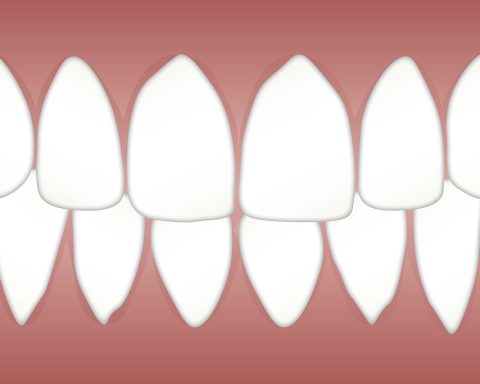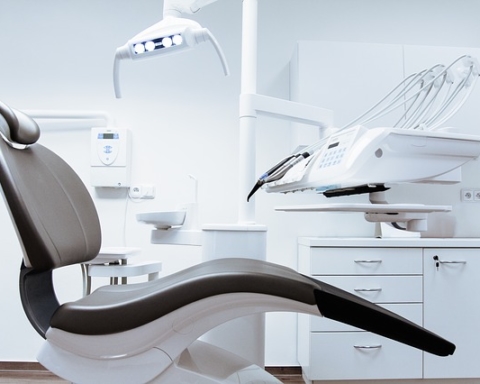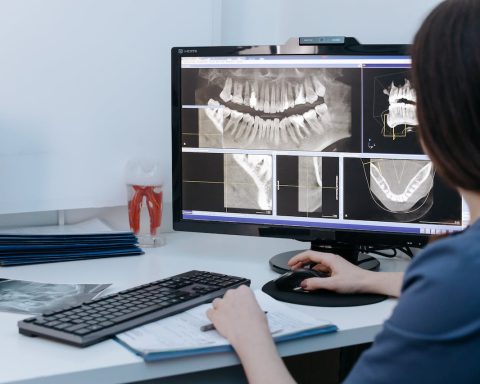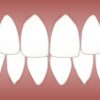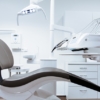Dental complications are sometimes unavoidable, so it’s important that you recognize when there’s a problem so you can take the necessary steps to fix them. Knowing there’s an issue is important because it leads you to a dental professional that is well-equipped to provide you with expert care.
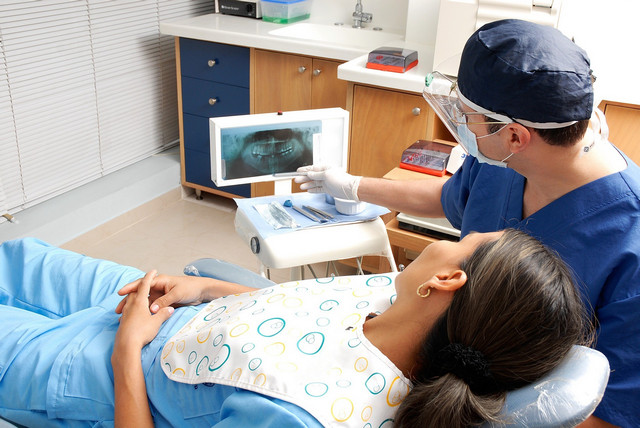
1. Tooth Decay
Otherwise known as cavities, tooth decay is a common problem that results from the bacteria in plaque resting on teeth and creating an acid that causes the enamel to deteriorate. This is why dentists tell you to stay away from too much sugar.
The best way to fight tooth decay is to make sure you never get it in the first place. Having a strong oral routine is key in prevention, as well as avoiding excessively sugary foods.
If the case is more severe, it’s possible to get a dental implant. The services page from Valley Ridge dental says that tooth decay is one of the most common reasons for missing teeth.
A dentist can determine if you are a candidate for this procedure, but it’s important to note that implants are still to be treated as teeth. Don’t skimp on the brushing and flossing.
2. Halitosis
Simply put, halitosis is another name for bad breath. We’ve all been there before, but halitosis is far more long-lasting than what can be treated with a mint or mouthwash.
Cavities can actually be a cause of halitosis by making room for the bacteria that cause bad breath. Having holes in your teeth allows bacteria to nest in those spaces where it may be difficult to reach with a toothbrush.
To combat this, brush twice a day and use a toothpaste that has fluoride in it. Drinking more water and less coffee may also be an effective way to avoid halitosis. And, of course, consult with a dentist to make sure there are no other oral concerns at play.
3. Teeth Grinding
Many people develop this bad habit early on in life, which may make it hard to beat. If you grind your teeth, you are at risk of grinding your enamel down. This can cause pain and decay. If you’ve had any other dental work done, such as implants, grinding can damage those as well.
Visit a dentist if you have this problem and they will provide you with a nightguard to protect your teeth. However, if it’s too late to get a nightguard, you might consider getting new dental implants. There are plenty of clinics to choose from, and you can get your dental implants with DentArt Chicago or plenty of others as well.
4. Dry Mouth
The saliva that we naturally produce is extremely effective at preventing tooth decay. Dry mouth slows saliva production.
This problem usually affects older people because it is a common medication side effect. Dry mouth makes it difficult to swallow and causes a dry throat and sticky feeling in your mouth.
If you are a candidate, there are some medications that can help with saliva production. For those that don’t feel comfortable adding another medication to their regimen, drinking water frequently and chewing sugar-free gum helps.
Again, it’s important to see a dentist and have a condition like this diagnosed. If left untreated, your teeth can demineralize.
5. Tooth Crowding
As you age, it is natural for your teeth to move, some more than others. This will not only change the appearance of your smile, but it will make it more challenging to effectively clean your teeth. In turn, you will be more likely to suffer from tooth decay and other complications.
Overcrowded teeth can even damage the tissue and bone underneath or cause your teeth to erode. To avoid losing your teeth early in life, schedule an appointment with an orthodontist so you can make a plan to straighten your smile.
The most common solutions for this issue are braces, a retainer, or a spacer.
Conclusion
Remember, the best way to treat any dental issue is to be proactive and prevent it. By keeping these tips in mind, you’ll be able to enjoy a healthy, beautiful smile for many more years to come. On the other hand, dental practitioners can make their services more comfortable using orthodontic practice management software.

